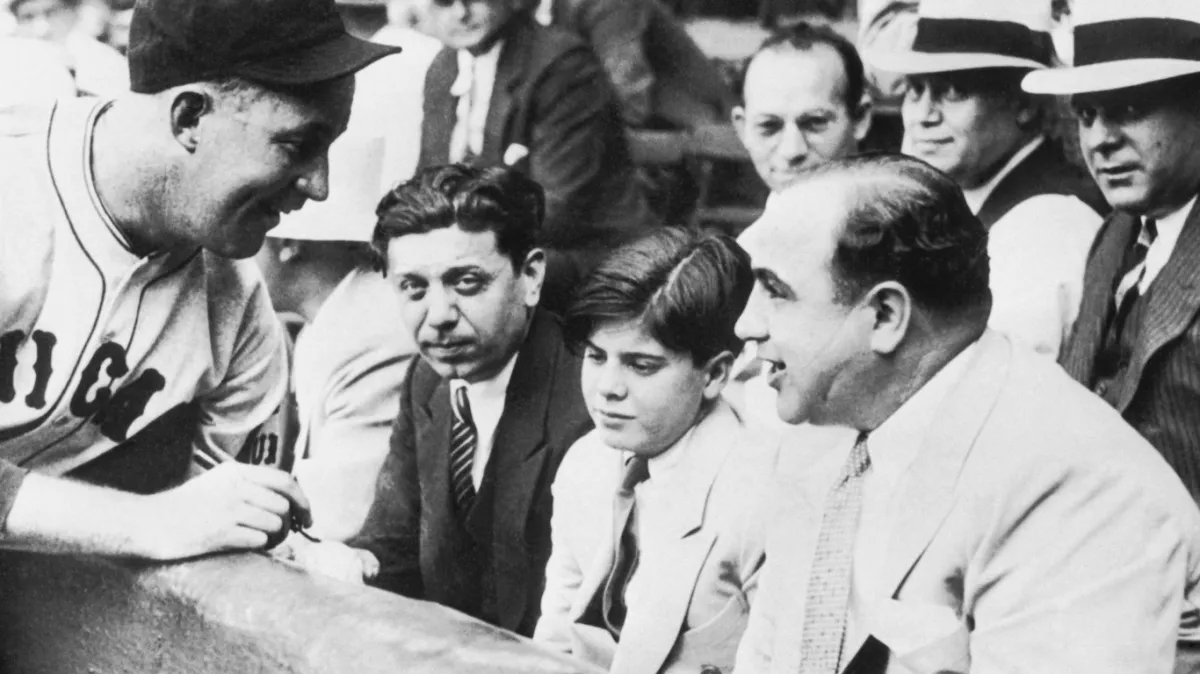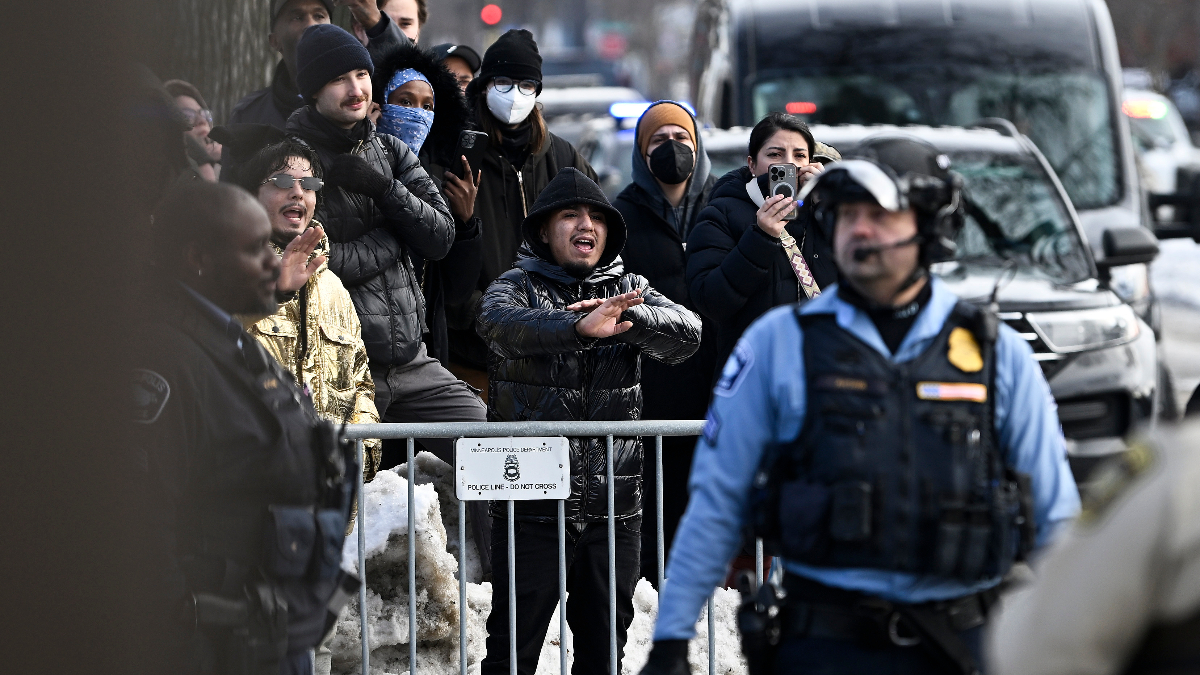Al Capone is the original gangster’s gangster, the kingpin of 1920s Chicago. When you hear his name, you picture a ruthless mob boss leaving a trail of bootlegging, bloodshed, and bribes in his wake. But ironically, his son, Albert “Sonny” Capone, chose a life on the right side of the law.
He was the only child of Al Capone and Mae Coughlin, who married in 1918. Sonny was known to be a relatively quiet child, far removed from the flamboyant personality of his father. Growing up, Sonny was surrounded by luxury that few during the Great Depression could even dream of. Fancy cars, expensive clothes, and rubbing elbows with the who’s who of Chicago society were all part of the package, yet his life was far from enviable. The frequent police raids, media scrutiny, and the violent backdrop of the mobster lifestyle were inevitable parts of his childhood. His father’s notoriety affected him deeply and influenced his personal and social development.
At the age of six, Sonny contracted pneumonia, further complicated by syphilis he contracted from his parents, which led to the partial loss of hearing in one ear. This health scare was significant in his life, not only due to the physical consequences, but also because it occurred during the peak of his father’s criminal career.
Sonny attended reputable schools, thanks to the Capone family’s wealth. But the specter of his father’s misdeeds followed Sonny, persistent as a ghost. Schoolyard bullies and whispered rumors were constant reminders that, to the world, he would always be the son of a gangster.
The turning point in Junior Capone’s life
In 1931, when Sonny was just 13, Al Capone was convicted of tax evasion and sentenced to 11 years in federal prison. This marked the beginning of a more turbulent phase in Sonny’s life. When Al was imprisoned in Alcatraz in 1934, the son and dad exchanged letters, and the two maintained a close bond.
Well heart of mine, sure hope things come our way for next year, then I’ll be there in your arms, and maybe that sure will be a happy feeling for Maggie and You. Well Sonny keep up your chin, and don’t worry about your dear Dad, and when again you allowed a vacation, I want you and your dear Mother to come here together, as I sure would love to see you and Maggie.
The mobster’s letter: Love & Kisses, Your Dear Dad Alphonse Capone #85
From this affectionate exchange, you can conclude, that Al Capone cherished his time with his wife and children, despite his criminal empire. The gangster died in 1947, leaving behind a complicated legacy that his son would spend the rest of his life trying to escape.
After getting a degree from the University of Miami in business administration, Sonny tried various business ventures, but nothing seemed to stick. He dabbled in the restaurant business, tried his hand at retail, yet these endeavors were often overshadowed by his last name — a name that opened doors and closed them just as quickly. In 1941, he married Diana Ruth Casey, and together they had four daughters. However, the marriage ended in divorce in 1964.
Sonny Capone changed his surname
In 1965, the son of the notorious gangster was arrested for shoplifting aspirin and batteries. He pleaded guilty to the offense, and was sentenced to a short period of probation as a result. This blemish on his record marked a low point in Sonny Capone’s life, and perhaps a warning not to follow in his father’s footsteps. Sonny later changed his name to Albert Francis Brown. He moved to Auburn, California, which is a small town northeast of Sacramento in the Sierra Nevada foothills, in an effort to lead a more private life.
In popular culture, the lives of Al Capone and his family have been depicted in various films and television shows. The Untouchables (1987), played by Robert De Niro, portrays Al Capone as a ruthless person and focuses on the efforts of federal agent Eliot Ness and his team to bring Capone to justice. Sonny expressed his disappointment with the fact that the movie was produced by Desi Arnaz Jr. He had known the Arnaz family for many years and considered them friends.
The junior Capone passed away on July 8, 2004, at the age of 85.











Published: Jun 4, 2024 06:23 pm